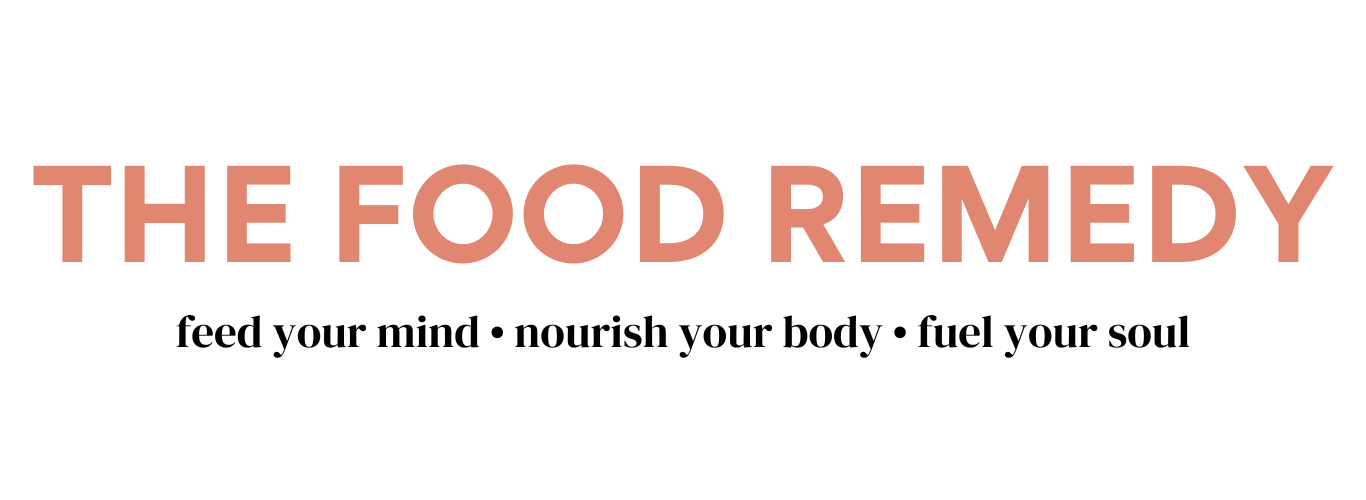It’s that time of year again, when we look back at the past year and re-evaluate our life - what we have done or not done, we resolve to make changes and set goals for the coming year. Today I’m going to be talking to those of you who have weight loss related goals. So many people start of the new year full of excitement and anticipation of how fast they can get rid of the unwanted weight they have been carrying or maybe have recently gained. January is the time when gym memberships go up, health DVD can seem to fly off shop shelves and new diets seem to pop out of everywhere. How many times have you heard people say “Have you tried this 9 day detox? Sugar detox? Meal replacements? No carbs? No fat”? And so on and on I’m sure that when people set their resolution to lose weight, its not really truly about weight, what they really want is to be happy in their body, to feel full of energy to be able to eat tasty food and not food that seem like it’s punishment. I’m here today to tell you that is entirely possible.
You don’t need to live on juices for a month or stop eating carbohydrates or even cut fat from your diet, what you need is healthy sustainable advice based on REAL FOOD!! Yes you can have a bacon sandwich in the morning and lose weight you can even have a slice of pizza and a chocolate now and again too, food is a pleasure and should be enjoyed. Healthy food that is nourishing for the body will get you to your goal and the most importantly help remain that faster than any ‘weight loss diet’ will, be it meal replacements, juicing, patches, pill, potions. I only wish I could teach you all just simply HOW to eat for good health and pleasure, as it seems we have all lost the knowledge. We need to stop dieting and learn how to eat to be healthy and very often the side effect of being healthy is a healthy weight. By this I mean if you are over weight you will naturally find that the excess pounds fall off and if you are under weight, when you adopt a nourishing healthy diet your body will steadily increase to a healthy level. Now please do not interpret what I am saying as all those over or under weight aren’t healthy that is not my opinion at all. All I am saying is health should be the focus of any change in diet not weight. I could go on about why we don’t need special detox diets. I think sometimes we get so caught up in what we weigh we forget that weight really isn’t the most important factor at all.
So if your new years resolution is to lose weight, why not rephrase it to gain health instead? Weight loss isn’t a true reflection of all that much to be honest, as you can weigh less from muscle wastage, dehydration, carb depletion and fasting/starving. If your goal is to lose unwanted body fat that weight shouldn’t be your focal point. So many clients I see come to me and fixated on weight when how you feel how you look and your health is the true indication of health. I have a client who lost two dress sizes before Christmas she was seeing me once a week and a personal trainer three times a week, after the second week I had to stop weighing her because she was becoming very disheartened. Her weight you see didn’t change in the whole six weeks I saw her, and had she been focusing only on her weight she may have become disheartened and stopped. Yet at the end of the six weeks she was a comfortable size 12 not an uncomfortable size 16 and her body fat was now a healthy level. Instead of focusing on weight we focused on cravings, energy levels, skin and mood. So if fat loss is you aim, don’t fall pray to the marketing gimmicks - the fast quick fix ‘diets’ that don’t put your health first. Focus on eating REAL FOOD!! DON’T GIVE UP FAT – just eat them from nutritious sources, and yes that even includes a little bit of butter! Don’t shun carbohydrates – just pick slow releasing natural unrefined sources such as:- oats, sweet potatoes, basmarti rice, vegetables in abundance and low glycemic load fruit. Eat adequate protein with every meal. Go organic if money allows and buy grass fed beef as opposed to grain fed. If you would like a months diet plan to get you of to a good start for 7 days only you can have a one to one consultation and a one months diet plan for the reduce price of £50. Normal price is £75 for a consultation and a one week plan! Call 07780007361 to book your appointment or email Kirsten@thefoodremedy.co.uk

